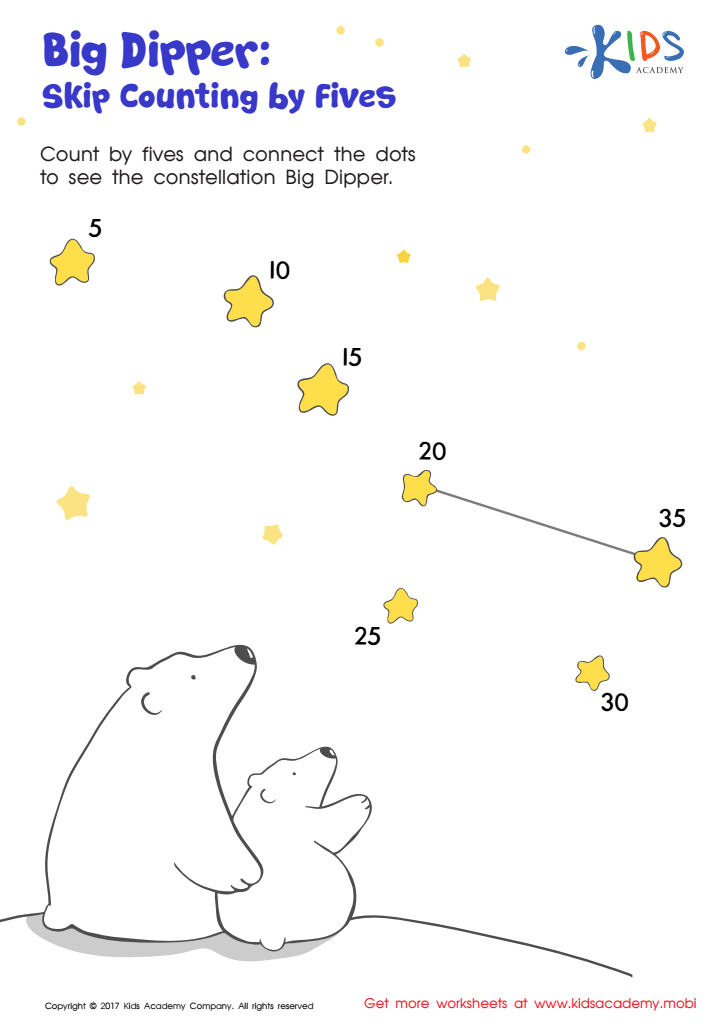Normal Worksheets for Ages 4-7 - Page 5
1400 filtered results
-
From - To
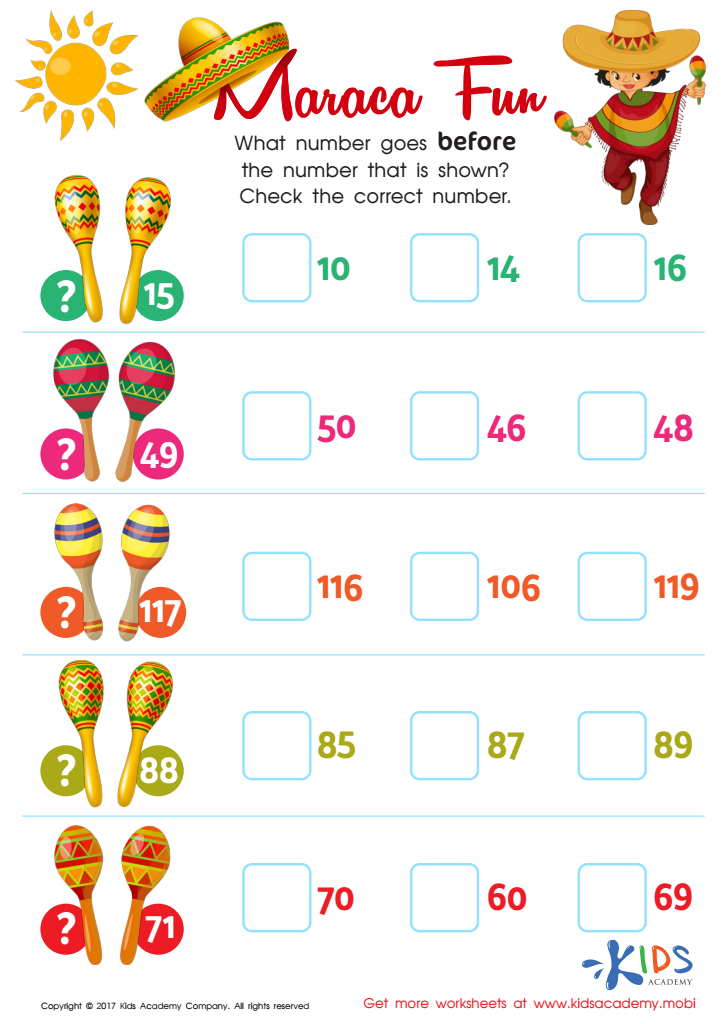

Counting: Maraca Fun Worksheet
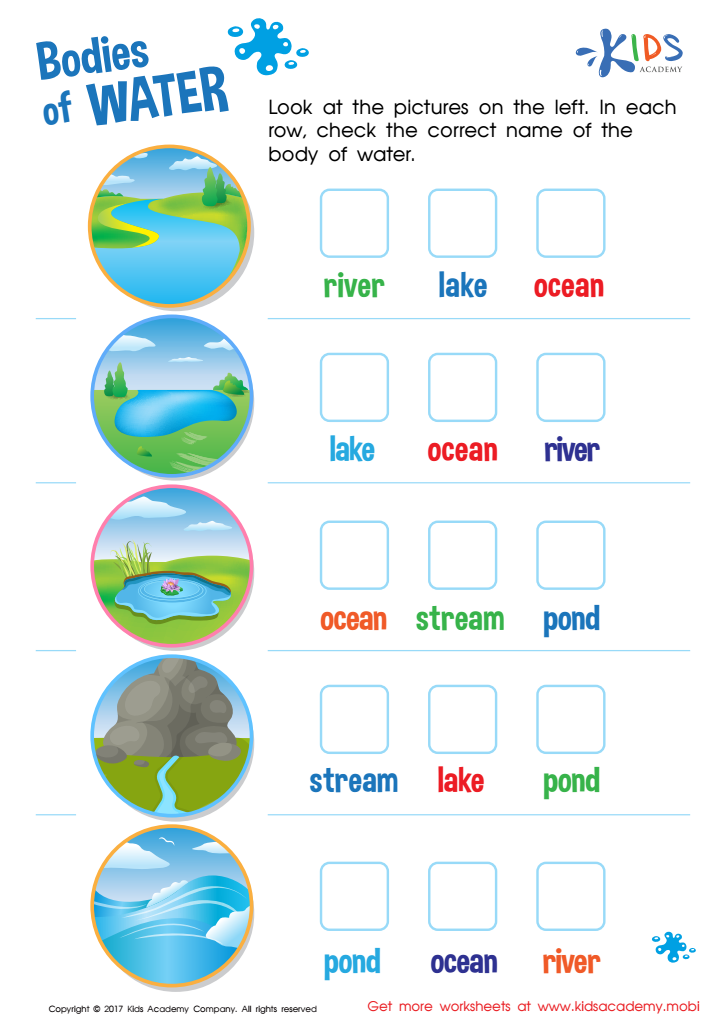

Bodies of Water Worksheet
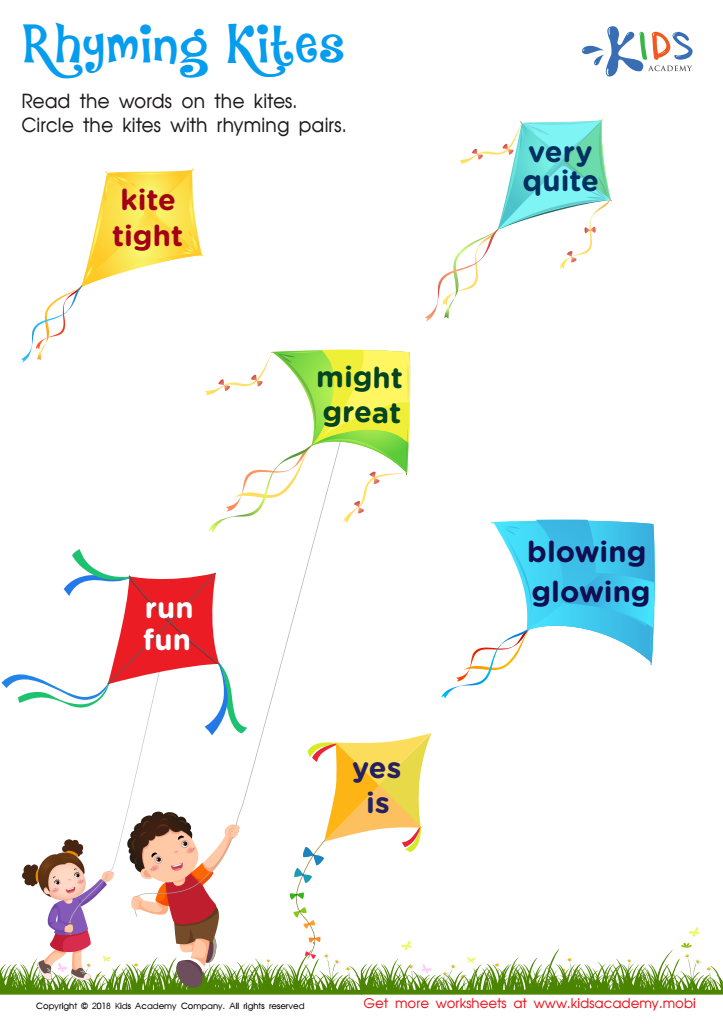

Rhyming Kites Worksheet


Set-up Quest Worksheet
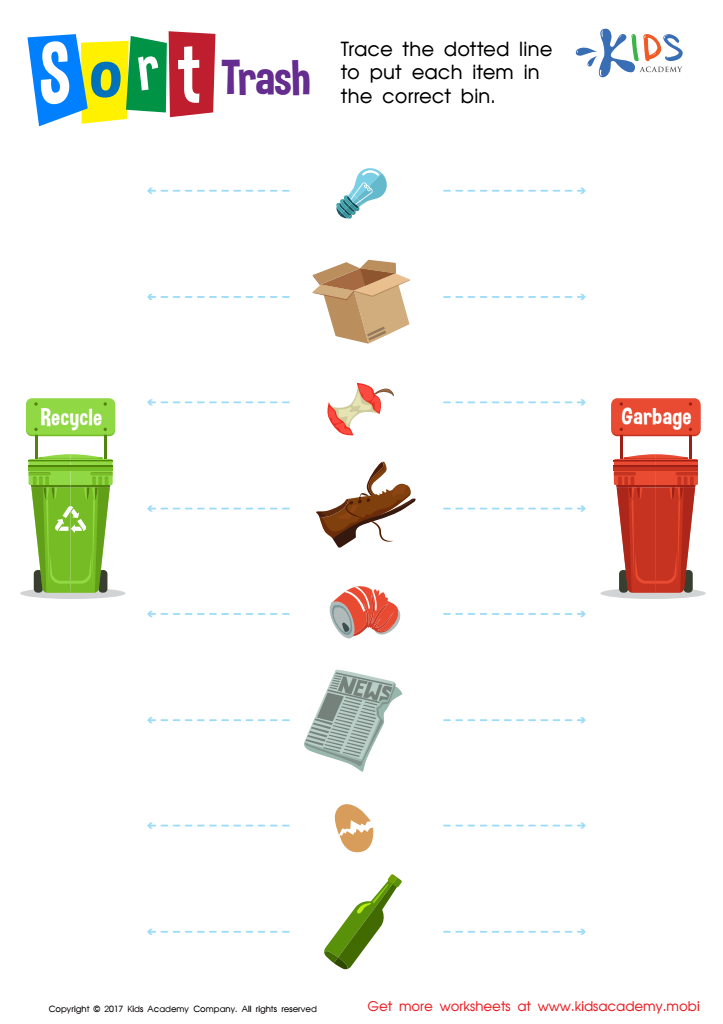

Trash Sorting Worksheet
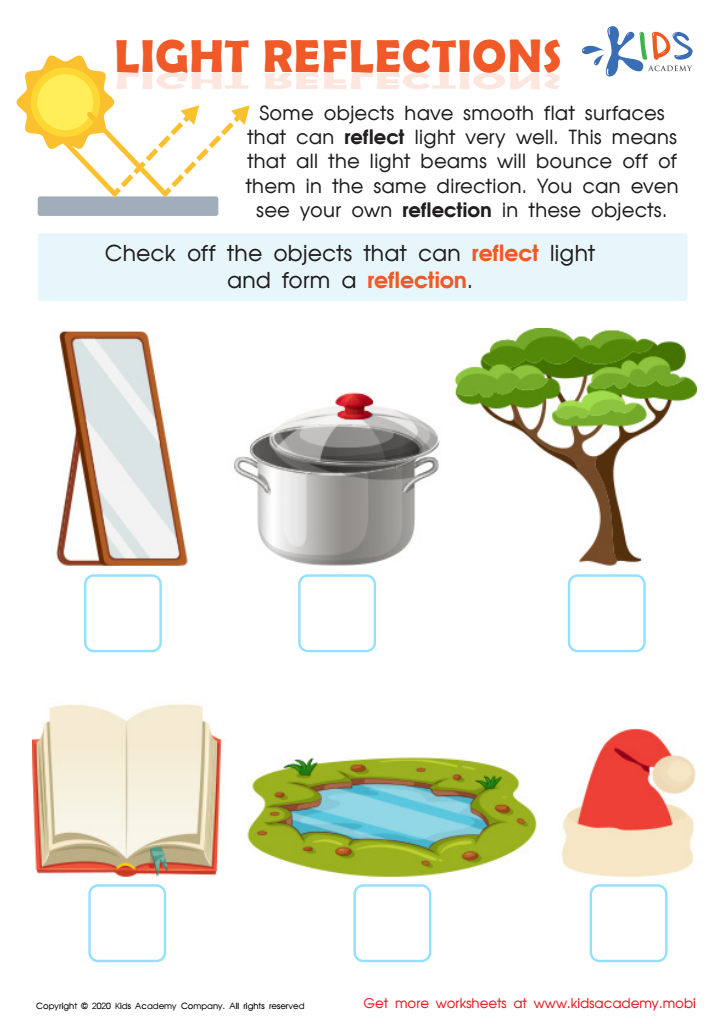

Light Reflections Worksheet
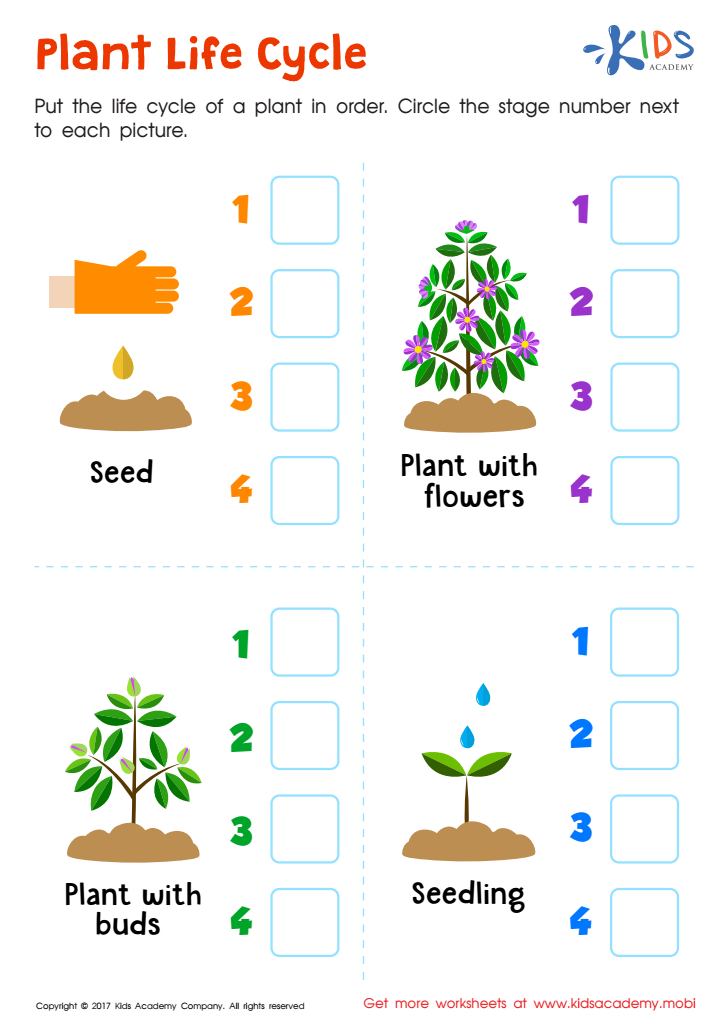

Plant Life Cycle Printable
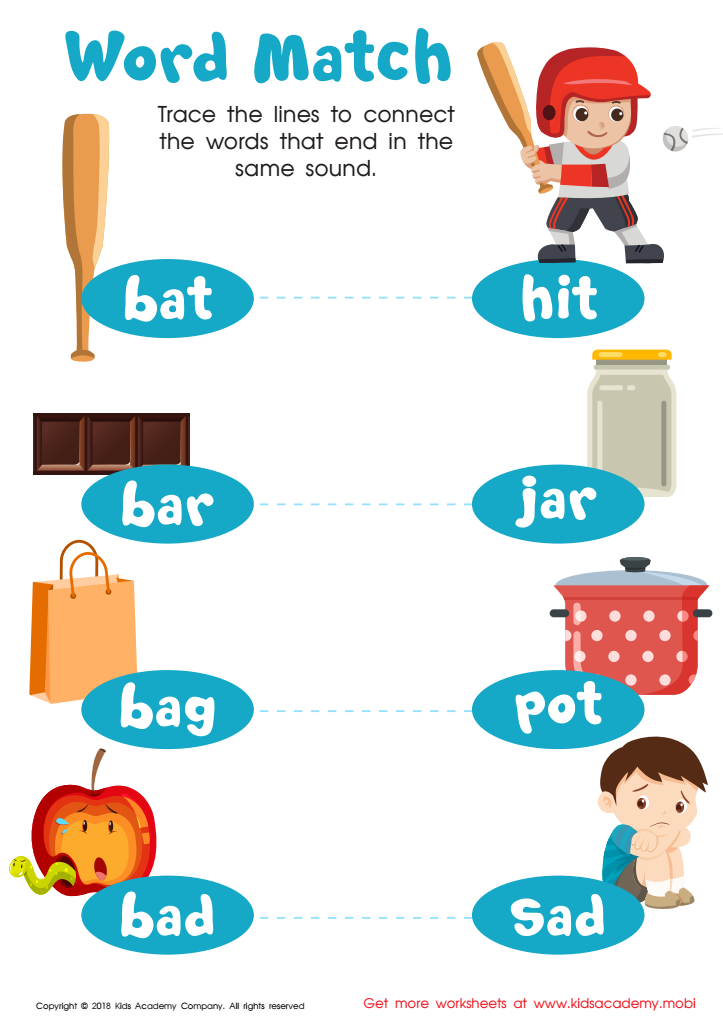

Word Match Reading Worksheet


Count and Match Boxes with Vegetables


How King Moves Worksheet


African Wildlife: Giraffe Worksheet


Count and Trace 7 – 10 Worksheet
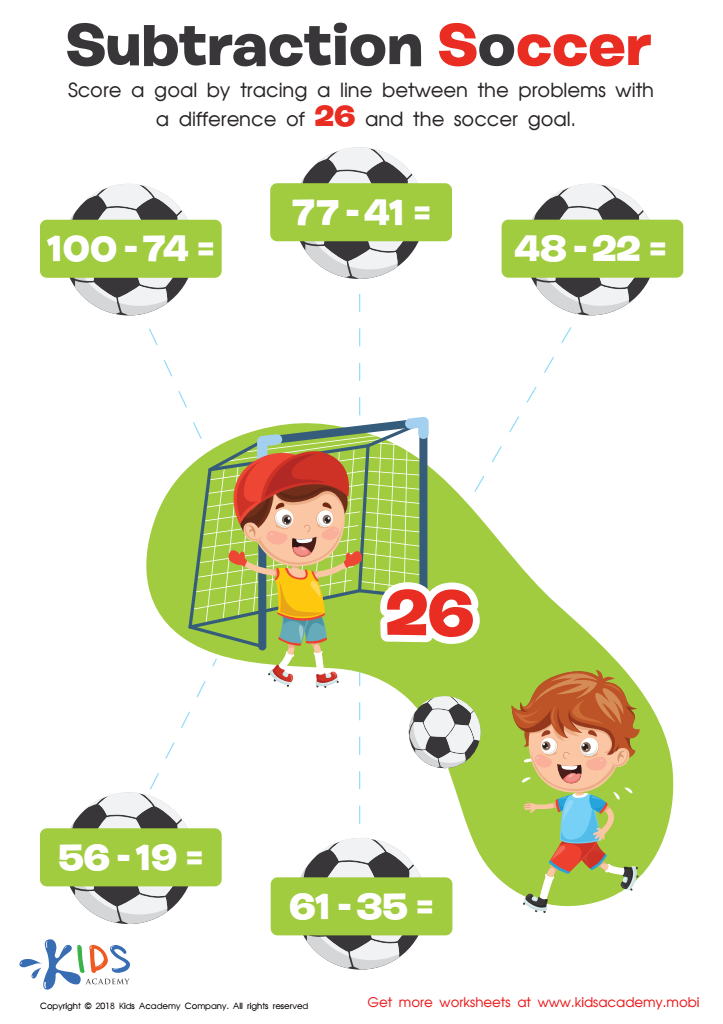

Subtraction Soccer Worksheet


Traditional Food in Mexico Worksheet
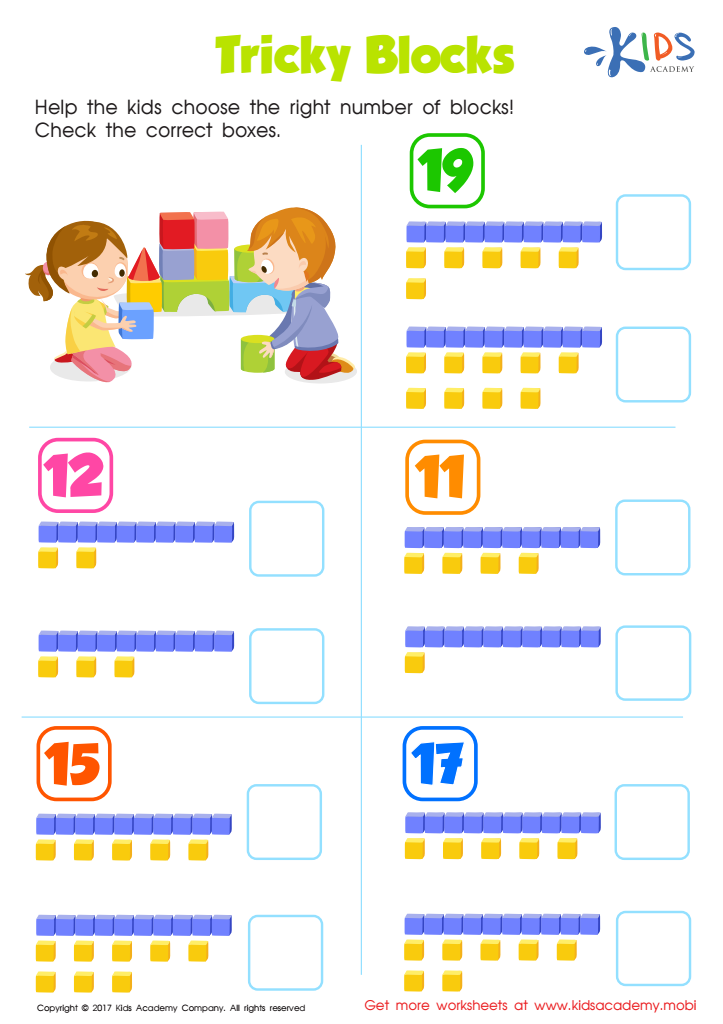

Tricky Blocks Worksheet


Poem: My New Kite Worksheet
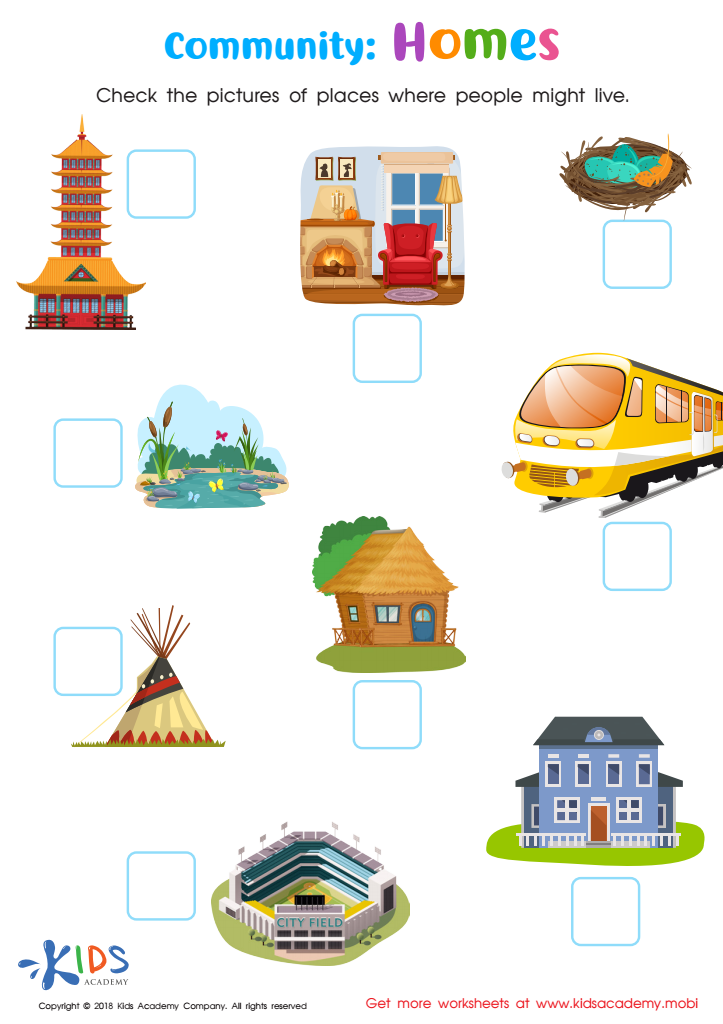

Community: Homes Worksheet
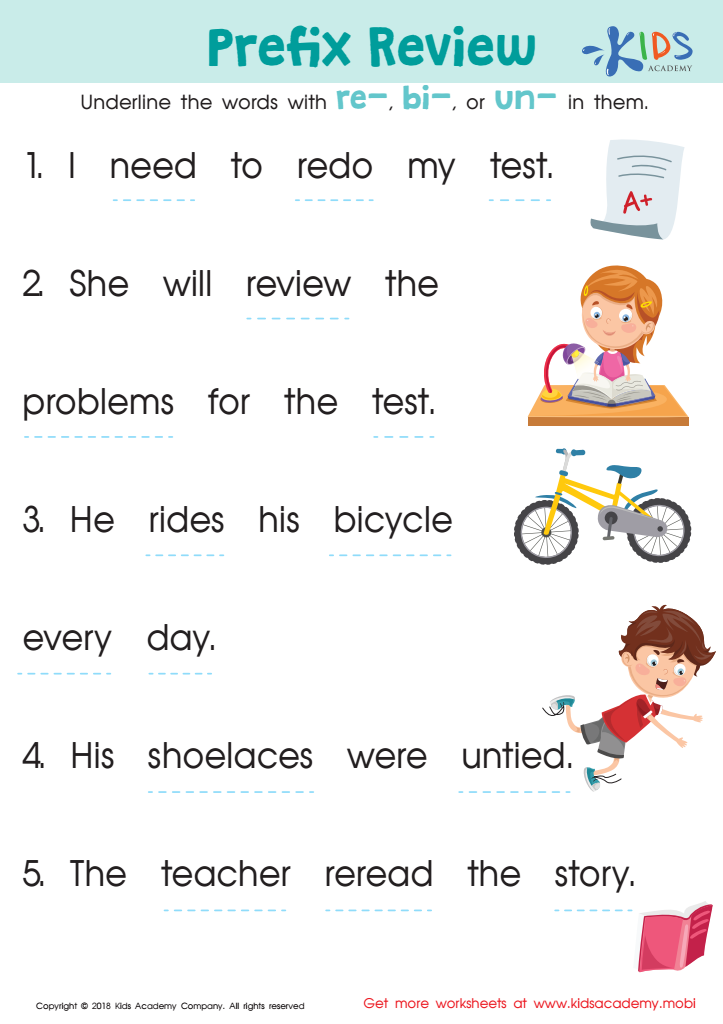

Prefix Review Worksheet
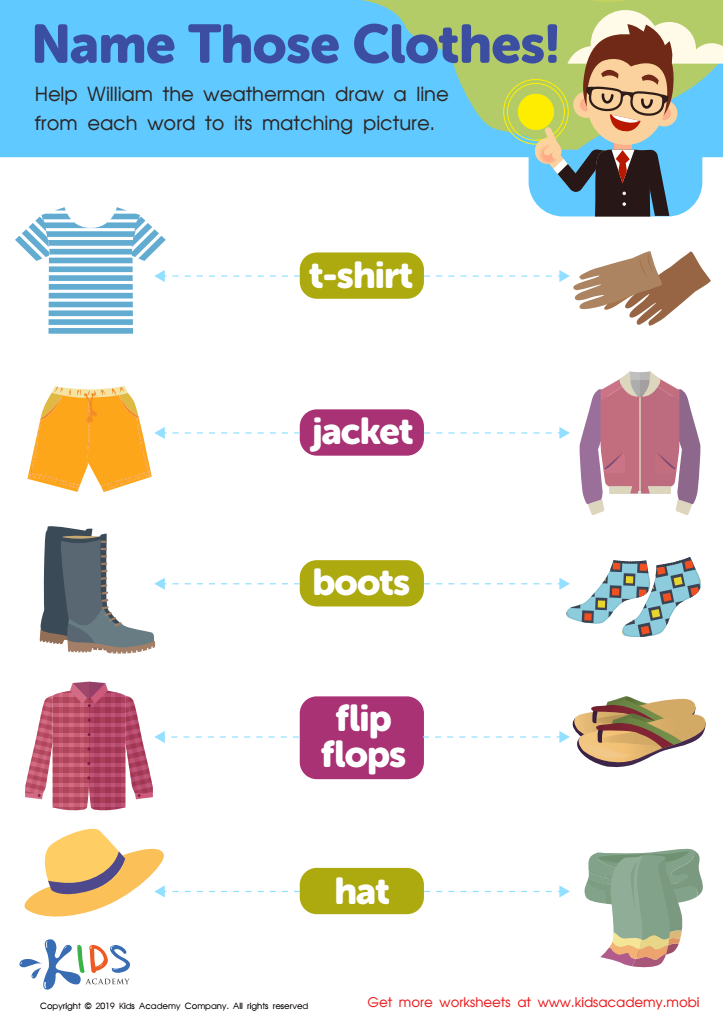

Name Those Clothes Worksheet


Food Pattern Fun Worksheet


Using Triangles to Make Squares and Rhombuses Worksheet


Place Value Visuals Worksheet
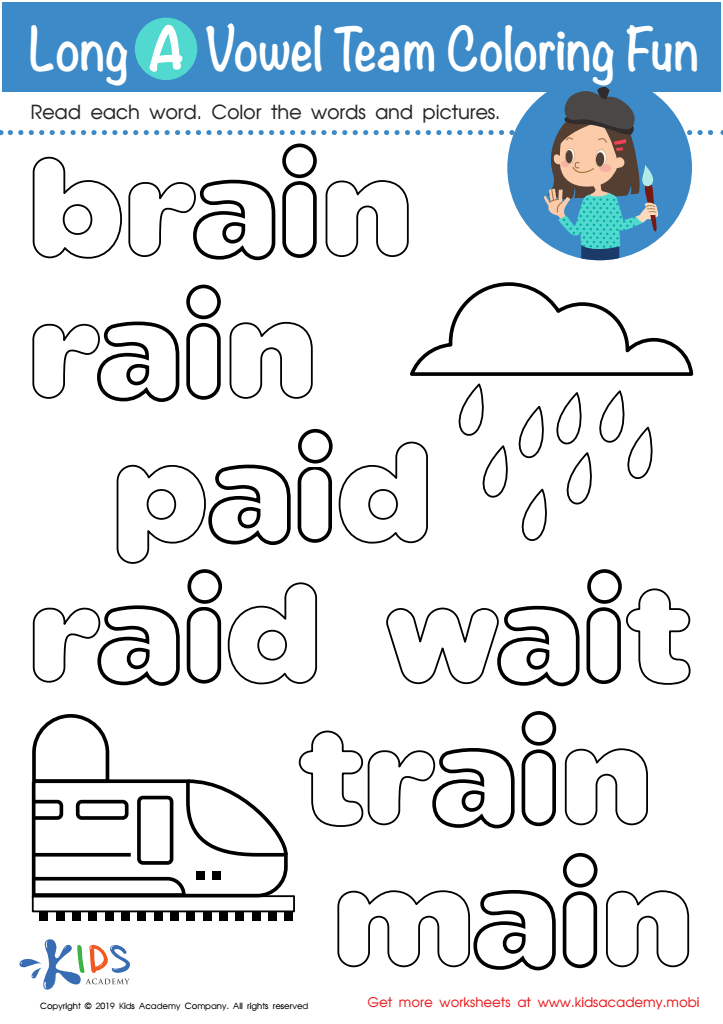

Long A Vowel Team Coloring Fun Worksheet
Parents and teachers should prioritize knowledge about the concept of "Normal" for ages 4-7 because it lays the groundwork for children's understanding of social interactions, emotions, and self-acceptance. At this developmental stage, children are intensely observant and begin to compare themselves to their peers. Understanding what constitutes "normal" helps them navigate social dynamics, fostering inclusivity and empathy.
Discussions around normality can empower children to appreciate diversity in abilities, interests, and backgrounds, promoting a positive self-image and respect for others. It can also address issues such as bullying, as children learn to embrace differences rather than fear or ridicule them. Educators and parents can utilize this understanding to create supportive environments where children feel safe expressing themselves without fear of judgment.
Moreover, recognizing the fluidity of normality allows adults to guide children in understanding that life’s variations are normal—be it differences in learning styles, family structures, or preferences. This ultimately leads to well-rounded individuals who are capable of nurturing relationships based on acceptance and kindness, essential skills for their future social development. By fostering these ideals in early childhood, parents and teachers play a vital role in shaping empathetic, resilient, and open-minded adults.
 Assign to My Students
Assign to My Students
